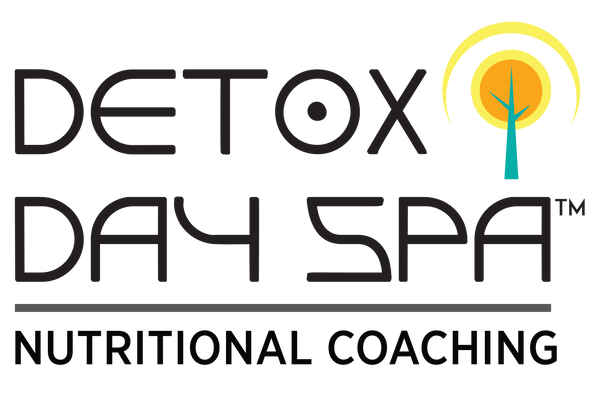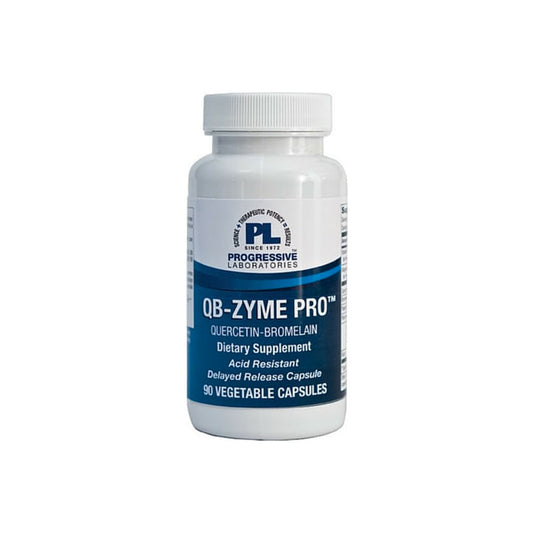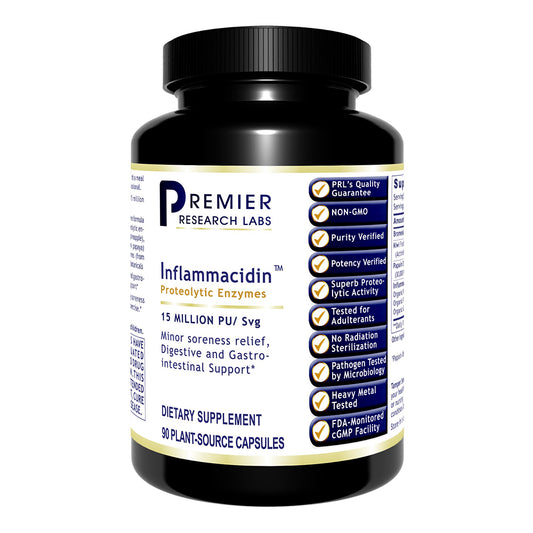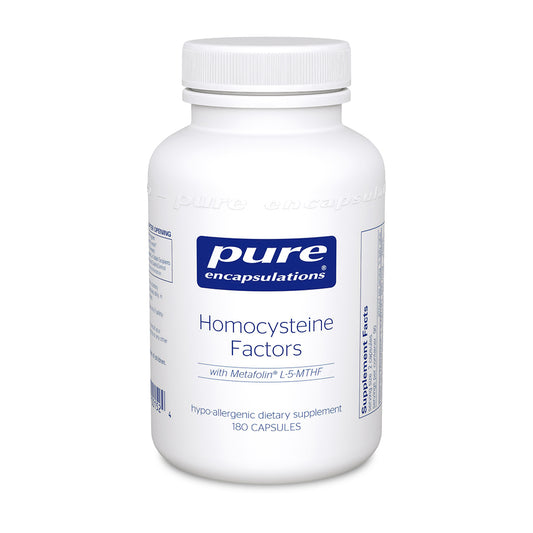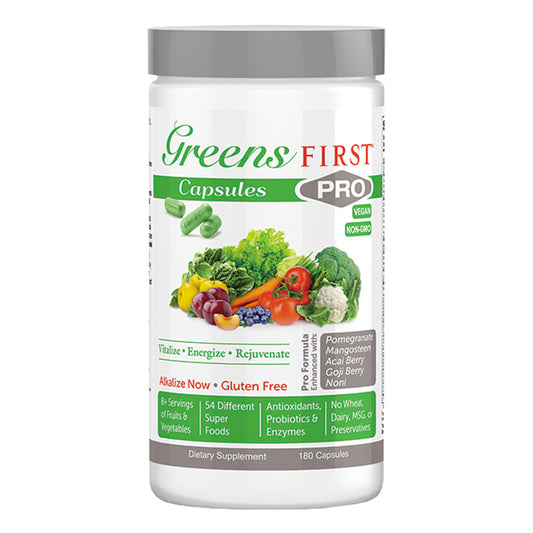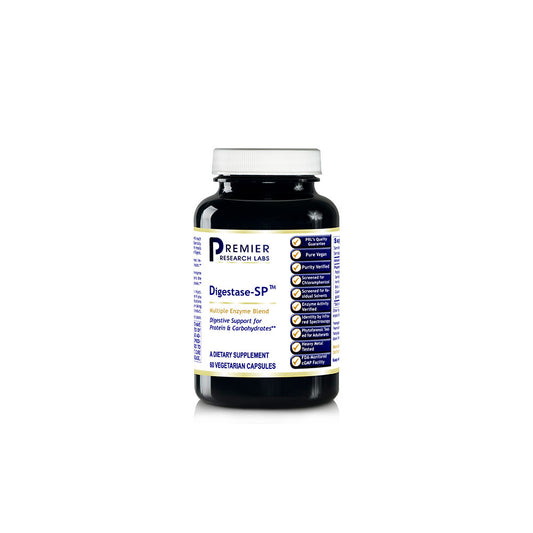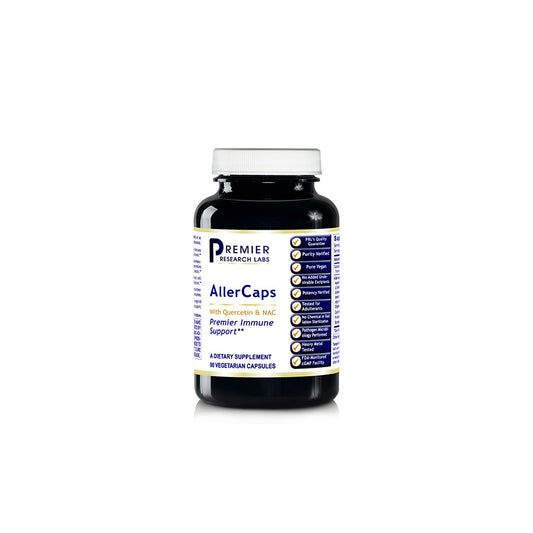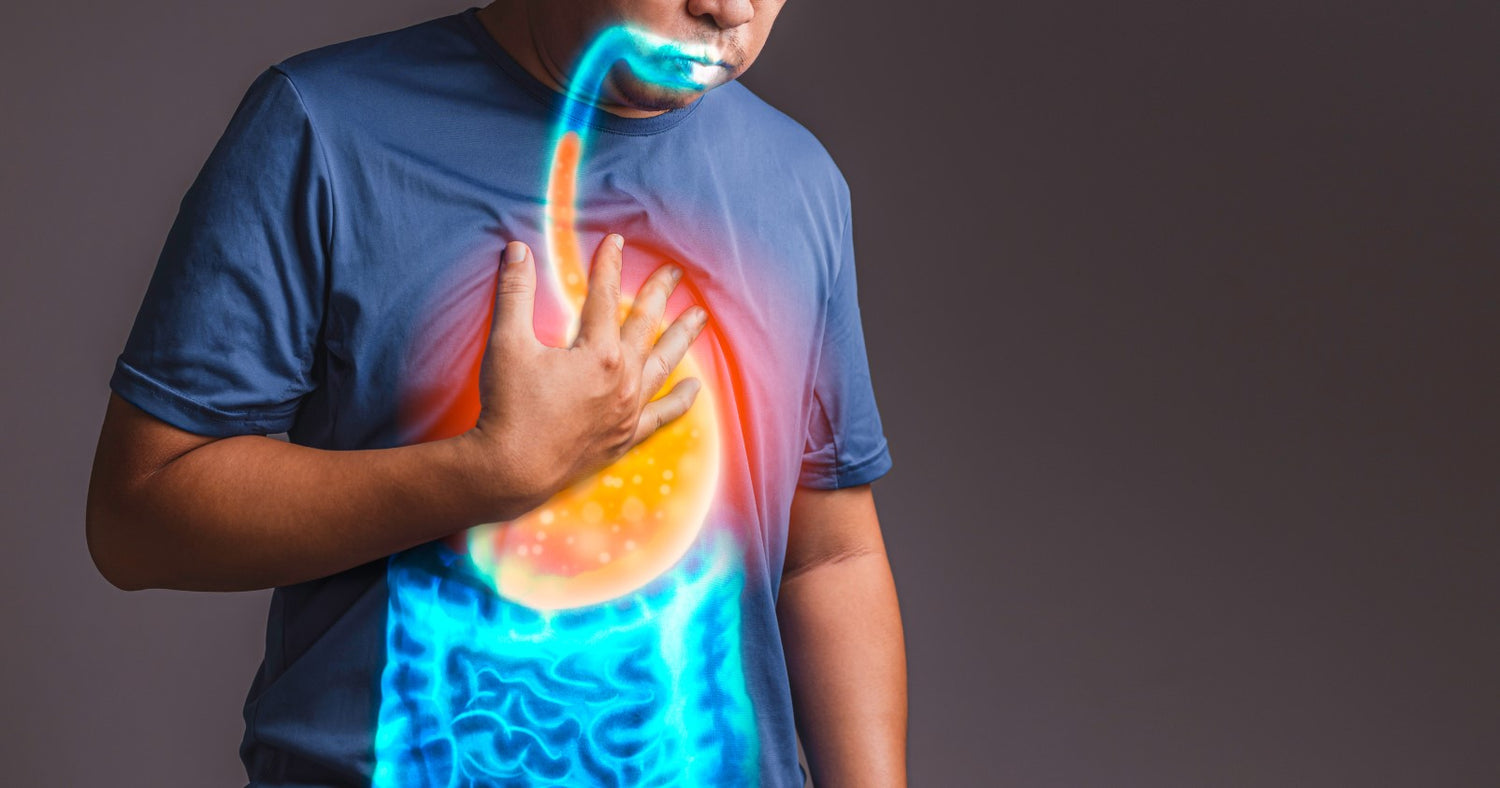
Enzymes
Enzymes are the Key to Health
We need an Enzyme with a Mineral Co-factor to Start All Biochemical Processes Inside the Body
Many Americans face health issues like stomach problems and a fatty liver, largely due to toxins from food, water, and personal-care products. Nutrient-void processed foods and excessive meat consumption lead to cellular-level dysfunctions, impacting enzyme functionality crucial for our health. This results in obesity, gastrointestinal issues, inflammation, joint pain, low energy, and concentration problems.
As we age, our enzyme functionality declines, halving by our 40s. Poor dietary choices and fungal overgrowths such as candida exacerbate this decline, hindering our body's natural processes. The digestive system, a core disease-fighting mechanism, involves ingestion, breakdown, absorption, and excretion. With 80% of our immune system in the gut, its health significantly affects our overall well-being.
Recognizing the importance of enzymes is critical. They facilitate various bodily
functions including respiration, digestion, and muscle function.
Incorporating holistic supplements and seeking advice from a Nutrition
Coach can help maintain enzyme levels. Detox your body from harmful
substances and consider DNA swab Test for personalized health insights.
Homeopathic remedies offer a natural approach to addressing these
digestive and enzyme-related concerns, promoting a healthier, more
vibrant you.
-
QB-Zyme Pro 90 Vegetable Capsules
Regular price $62.00Regular priceUnit price / per -
Inflammacidin
Regular price $42.00Regular priceUnit price / per -
Homocysteine Factors
Regular price $64.00Regular priceUnit price / per -
Greens First PRO Capsules
Regular price $58.00Regular priceUnit price / per -
Digestase-SP
Regular price $32.00Regular priceUnit price / per
The Digestive System Overview
The four steps to the digestive process are ingestion, mechanical and chemical breakdown of food, nutrient absorption and elimination of indigestible food through excretion. The gut is one of the core disease-fighting systems of the human body. First, the acid and enzymes in the stomach work to sterilize our food and, in this way, protect the body from illness and infection. In addition, the digestive tract is an important source of immune function in the body. With 80 percent of our immune system residing there, the state of our gut helps determine how we feel, physically and mentally, most days.
Accessory Organs to the Digestive System
The salivary glands, liver and gall bladder, and the pancreas aid the processes of ingestion, digestion, and absorption. These accessory organs of digestion play key roles in the digestive process. Each of these organs either secretes or stores substances that pass through ducts into the alimentary canal. Accessory organs add secretions and enzymes that break down food into nutrients. The secretions of the liver, pancreas, and gallbladder are regulated by hormones in response to food consumption. Chemical digestion in the small intestine relies on the activities of three accessory digestive organs: the liver, pancreas, and gallbladder.
The Importance of Enzymes
Enzymes help speed up chemical reactions in the human body. They bind to molecules and alter them in specific ways. They are essential for respiration, digesting food, muscle and nerve function, among thousands of other roles. Our bodies naturally produce both digestive and metabolic enzymes, as they are needed. Enzymes are protein chemicals, which carry a vital energy factor needed for every chemical action, and reaction that occurs in our body.
There are approximately 1,300 different enzymes found in the human cell. When we consume food, our body produces saliva, a digestive juice, which helps to moisten the food we eat for easy movement through the esophagus into the stomach. Saliva contains an enzyme that begins to break down starches in our food as our teeth break food down into smaller bites.
Enzymes catalyze all kinds of chemical reactions that are involved in growth, blood coagulation, healing, diseases, breathing, digestion, reproduction, and many other biological activities. On biological aspects, enzymes are instrumental substances to many functions in living organisms.
The three main enzymes that can break down different nutrients include:
- Amylase and other carbohydrase enzymes break down starch into sugar.
- Protease enzymes break down proteins into amino acids.
- Lipase enzymes break down lipids (fats and oils) into fatty acids and glycerol.
Other Enzymes are:
- Acetylcholinesterase – breaks down the neurotransmitter acetylcholine in nerves and muscles.
- Amylase – helps change starches into sugars. Amylase is found in saliva.
- Chymotrypsin – a digestive enzyme which breaks down proteins in the small intestine. It is secreted by the pancreas and converted into an active form by trypsin.
- Polymerase – synthesize DNA from deoxyribonucleotides.
- Lactase – also found in the small intestine, breaks lactose, the sugar in milk, into glucose and galactose.
- Lipases – a group of enzymes that help digest fats in the gut.
- Maltase – also found in saliva; breaks the sugar maltose into glucose. Maltose is found in foods such as potatoes, pasta, and beer.
- Pepsin – responsible for breaking down proteins into peptides. This activation sets up a chain reaction that produces more pepsin, allowing for better protein digestion.
- Lipases – a group of enzymes that help digest fats in the gut.
- Proteolytic enzymes – three main proteolytic enzymes produced naturally in your digestive system are pepsin, trypsin and chymotrypsin. Your body produces them to help break down dietary proteins like meat, eggs and fish into smaller fragments called amino acids.
- Serrapeptase – used for painful conditions including back pain, osteoarthritis, rheumatoid arthritis, osteoporosis, fibromyalgia, carpel tunnel syndrome, migraine headache, and tension headache.
- Trypsin – found in the small intestine, breaks proteins down into amino acids.
Enzyme Deficiency & Dysfunction
Recognizing the importance of enzymes is critical. They facilitate
various bodily functions including respiration, digestion, and muscle
function. Incorporating holistic supplements and seeking advice from a
Nutrition Coach can help maintain enzyme levels. Detox your body from
harmful substances and consider DNA swab Test for personalized health
insights. Homeopathic remedies offer a natural approach to addressing
these digestive and enzyme-related concerns, promoting a healthier, more
vibrant you.
Enzyme-rich Foods
Foods that contain natural digestive enzymes include pineapples, papayas, mangoes, honey, bananas, avocados, kefir, sauerkraut, kimchi, miso, kiwifruit and ginger. Adding any of these foods to your diet may help promote digestion and better gut health.
Raw fruits and vegetables grown in nutrient-rich soils already contain the enzymes needed for us to digest the plants’ proteins and carbohydrates. Fruits and vegetables with the most enzymes when eaten raw include papayas, mangoes, pineapples, apples, avocados, carrots, grapefruit, spinach, and tomatoes. All forms of life live by enzymes and also produce enzymes. As a result, enzymes can be obtained from three different sources: plants, animals, and microorganisms.
Some enzymes such as papain, bromelain (bromelin) ficin, and malt diastase are derived from plant sources. Proteolytic enzymes have many important functions in the body, including helping break down food for energy, and are found in certain foods and supplements. Studies suggest that they can improve digestion, decrease inflammation, ease arthritis pain and possibly reduce symptoms related to IBS.
Enzyme Cofactors
Some enzymes cannot function unless they have a specific non-protein molecule attached to them. These are called cofactors. For instance, carbonic anhydrase, an enzyme that helps maintain the pH of the body, cannot function unless it is attached to a zinc ion. Coenzymes and cofactors are molecules that help an enzyme or protein to function appropriately.
Coenzymes are organic molecules and quite often bind loosely to the active site of an enzyme and aid in substrate recruitment, whereas cofactors do not bind the enzyme. A cofactor is a non-protein chemical compound or metallic ion that is required for an enzyme’s activity as a catalyst, a substance that increases the rate of a chemical reaction. Cofactors can be considered “helper molecules” that assist in biochemical transformations.
While enzymes are proteins, coenzymes are small, non-protein molecules. Coenzymes hold an atom or group of atoms, allowing an enzyme to work. Examples of coenzymes include the B vitamins and S-adenosyl methionine. Magnesium is a cofactor for several important enzymes in the body, like DNA/RNA polymerases, used to transcribe new DNA/RNA strands, and guanylate cyclase, used to regulate the movement of minerals across cell membranes.
A 1968 estimate suggested that magnesium was a required cofactor for 300 enzymatic reactions. Metal ions are common cofactors. The study of these cofactors falls under the area of bioinorganic chemistry. In nutrition, the list of essential trace elements reflects their role as cofactors. In humans this list commonly includes iron, magnesium, manganese, cobalt, copper, zinc, and molybdenum. When enzymes denature, they are no longer active and cannot function. Extreme temperature and the wrong levels of pH — a measure of a substance’s acidity or alkalinity — can cause enzymes to become denatured.d our body from the food, water, personal-care products, etc. Cancer is a highly destructive mega-event occurring inside the body. Your body pH is acidic. It needs to be alkaline. Ideal body pH is 7.25-7.5.
